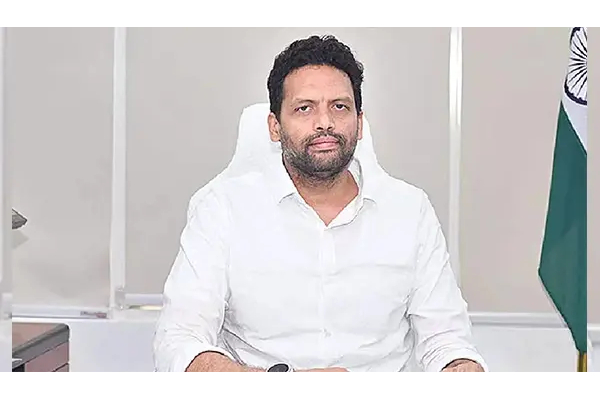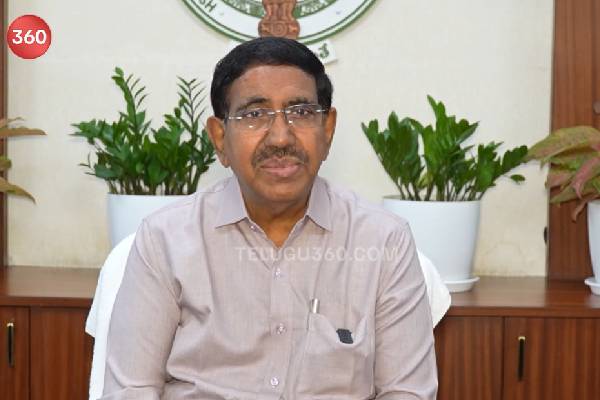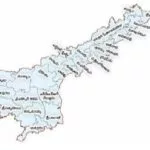The United States has once again sent shockwaves through the Indian expat community. The Department of Homeland Security (DHS) has announced that it will no longer automatically extend Employment Authorisation Documents (EADs) for migrant workers. This decision is expected to impact thousands of foreign professionals, especially Indians.
No More Automatic Extensions After October 30
Starting October 30, 2025, immigrants renewing their work permits will not receive automatic extensions of their EADs. The DHS clarified that only those whose extensions were approved before that date will remain unaffected. The new rule is part of an effort to “enhance vetting and screening to protect public safety and national security,” said the department. This marks a major shift from the Biden administration’s policy, which allowed immigrants to keep working for up to 540 days after their EADs expired if they had filed a timely renewal and met eligibility criteria.
Stricter Scrutiny, Less Flexibility
The DHS believes that reviewing migrant workers more frequently will help prevent fraud and identify individuals who may pose risks. USCIS Director Joseph Edlow called the measure “common sense,” stressing that “working in the United States is a privilege, not a right.”
Officials have urged immigrants to renew their EADs well in advance, up to 180 days before expiration, to avoid losing their legal right to work. The department warned that delays in filing could result in temporary lapses in employment authorisation.
Who Actually Needs an EAD?
An Employment Authorisation Document (EAD) proves that an individual is legally allowed to work in the United States for a specific period. It is mainly required for immigrants who do not have permanent resident status or a work visa. Green Card holders and non-immigrant visa holders, such as those on H-1B, L-1B, O, or P visas, do not need an EAD. However, thousands of Indian students and temporary workers rely on these documents to maintain employment while awaiting other immigration approvals.
H-1B Visa Costs Skyrocket
This development follows another blow to Indian professionals. In September, the Trump administration raised the H-1B visa fee to a staggering $100,000 (about ₹88 lakh). The move, officials said, was meant to ensure that only “highly skilled” workers are brought into the country and that American jobs are not replaced by foreign labour.
While the new fee does not apply to individuals already in the US who are changing their visa status, such as students shifting from F-1 to H-1B, it adds immense pressure on new applicants.
Tougher Times Ahead for Indians in the US
Adding to the turmoil, Florida Governor Ron DeSantis recently directed universities to prioritise hiring American citizens over foreign professionals, further tightening the job market for international talent. For thousands of Indian tech workers, students, and professionals, these back-to-back policy changes spell uncertainty. What was once seen as a land of opportunity is increasingly turning into a maze of red tape and rising costs.
If this trend continues, America’s “brain gain” may soon turn into a “brain drain”, with talented minds choosing friendlier destinations instead of chasing a shrinking American dream.

































